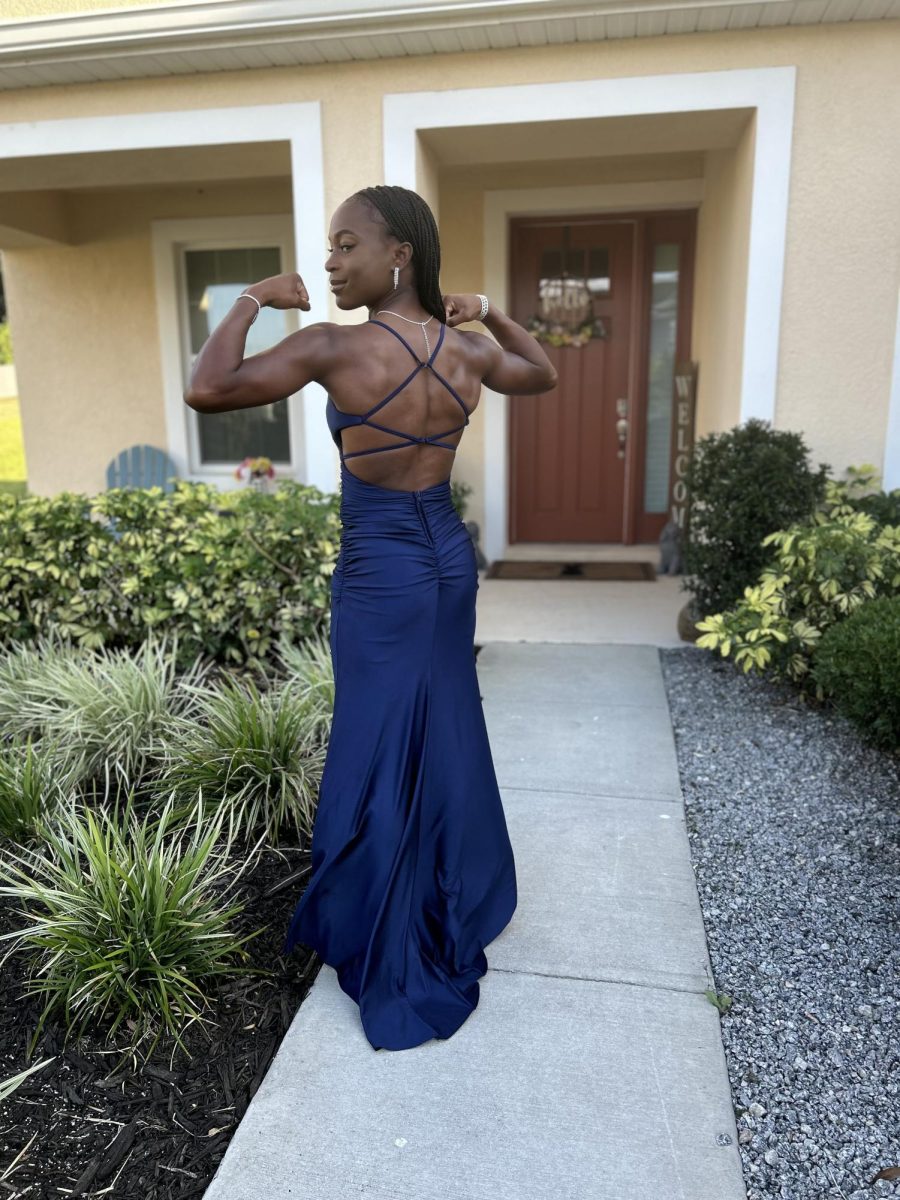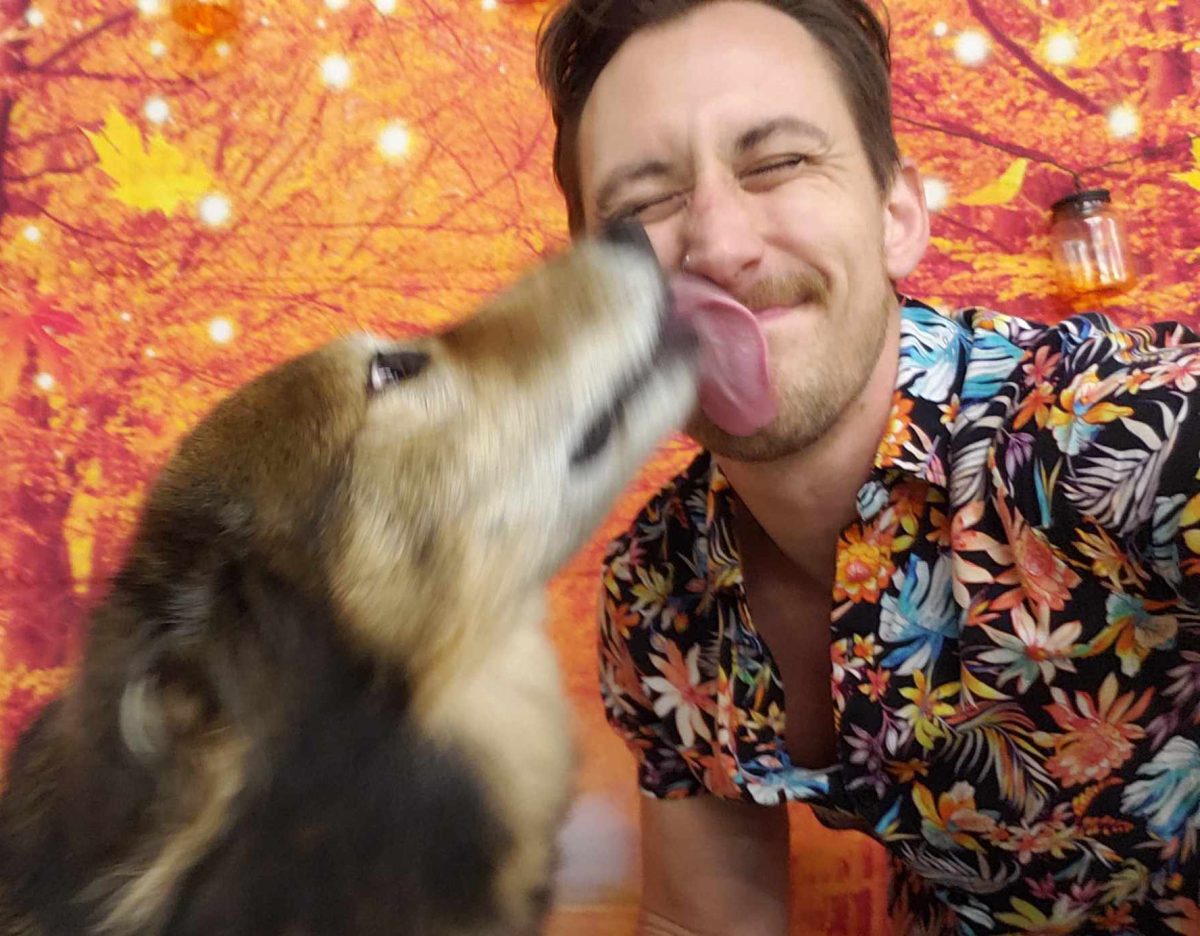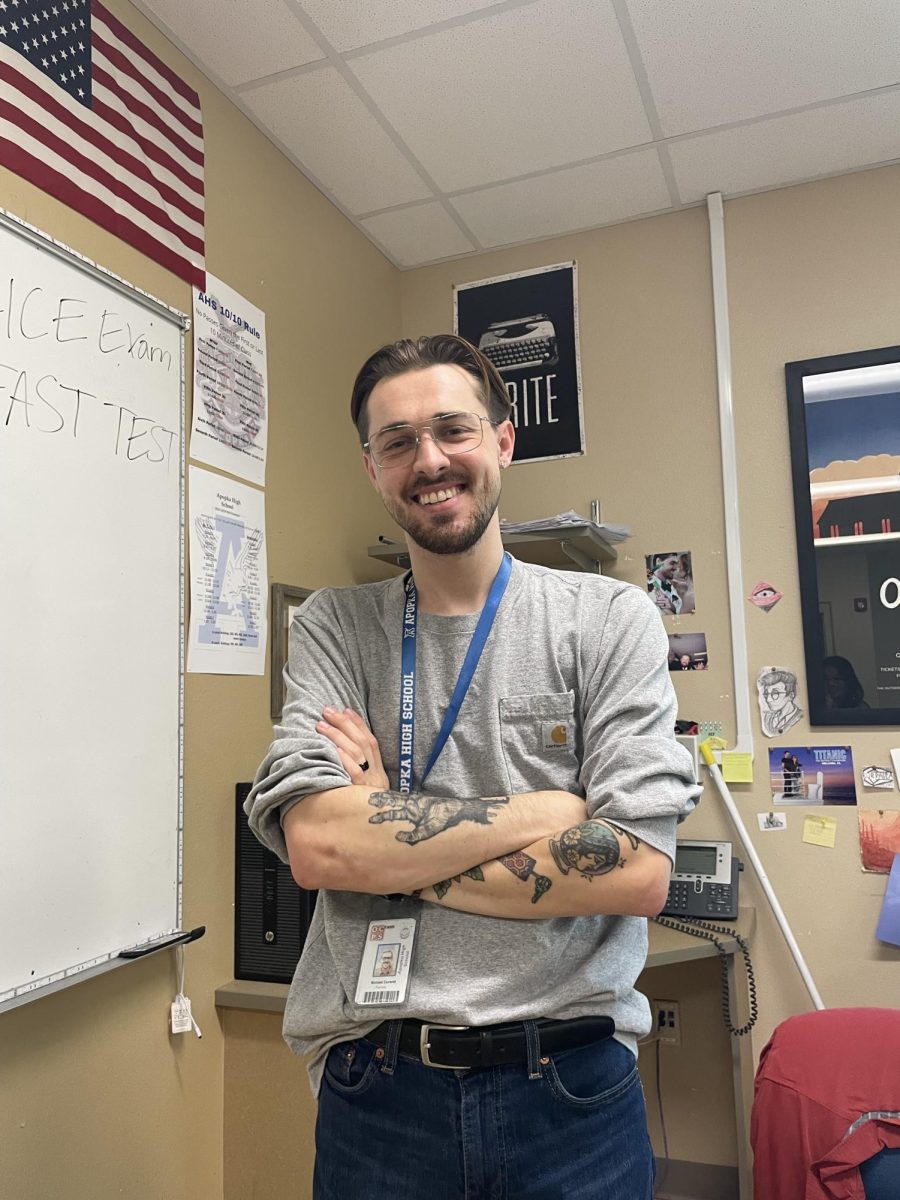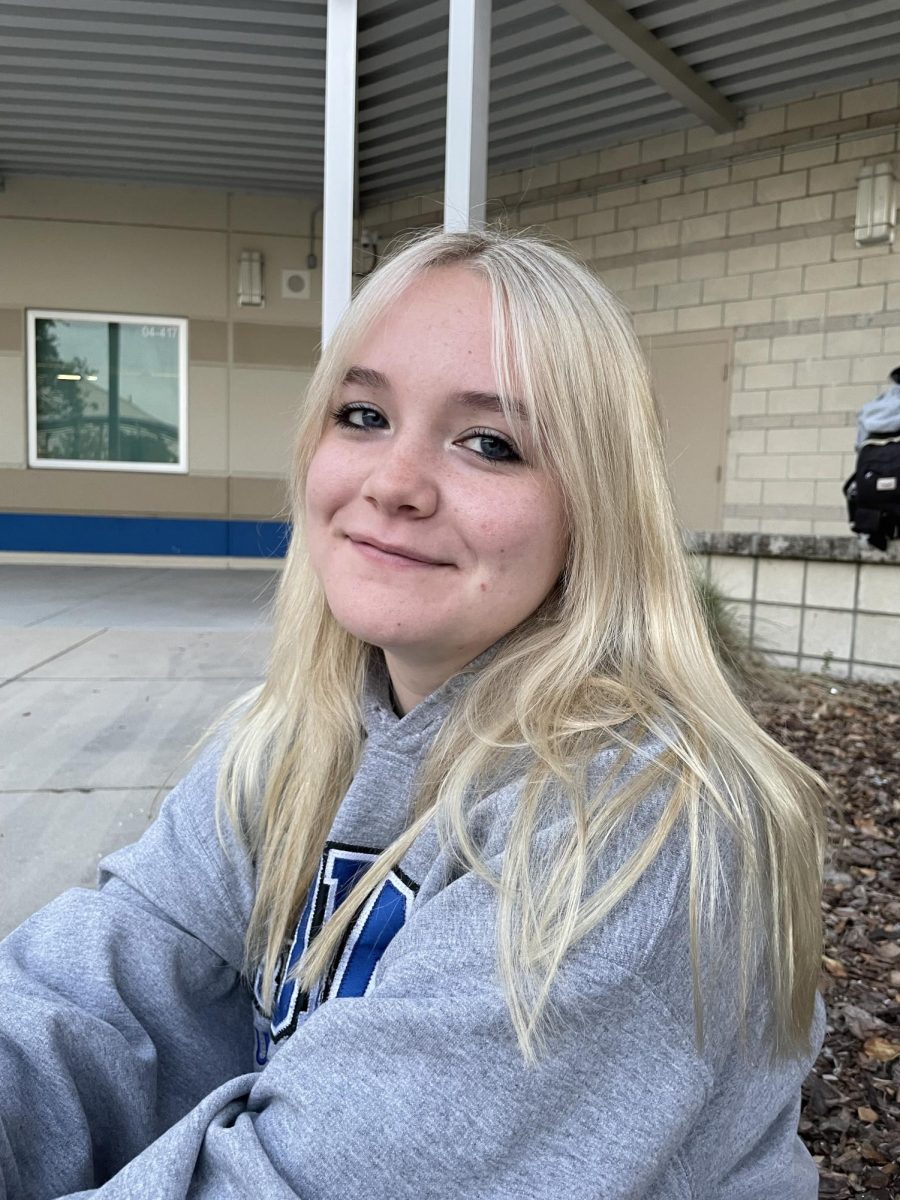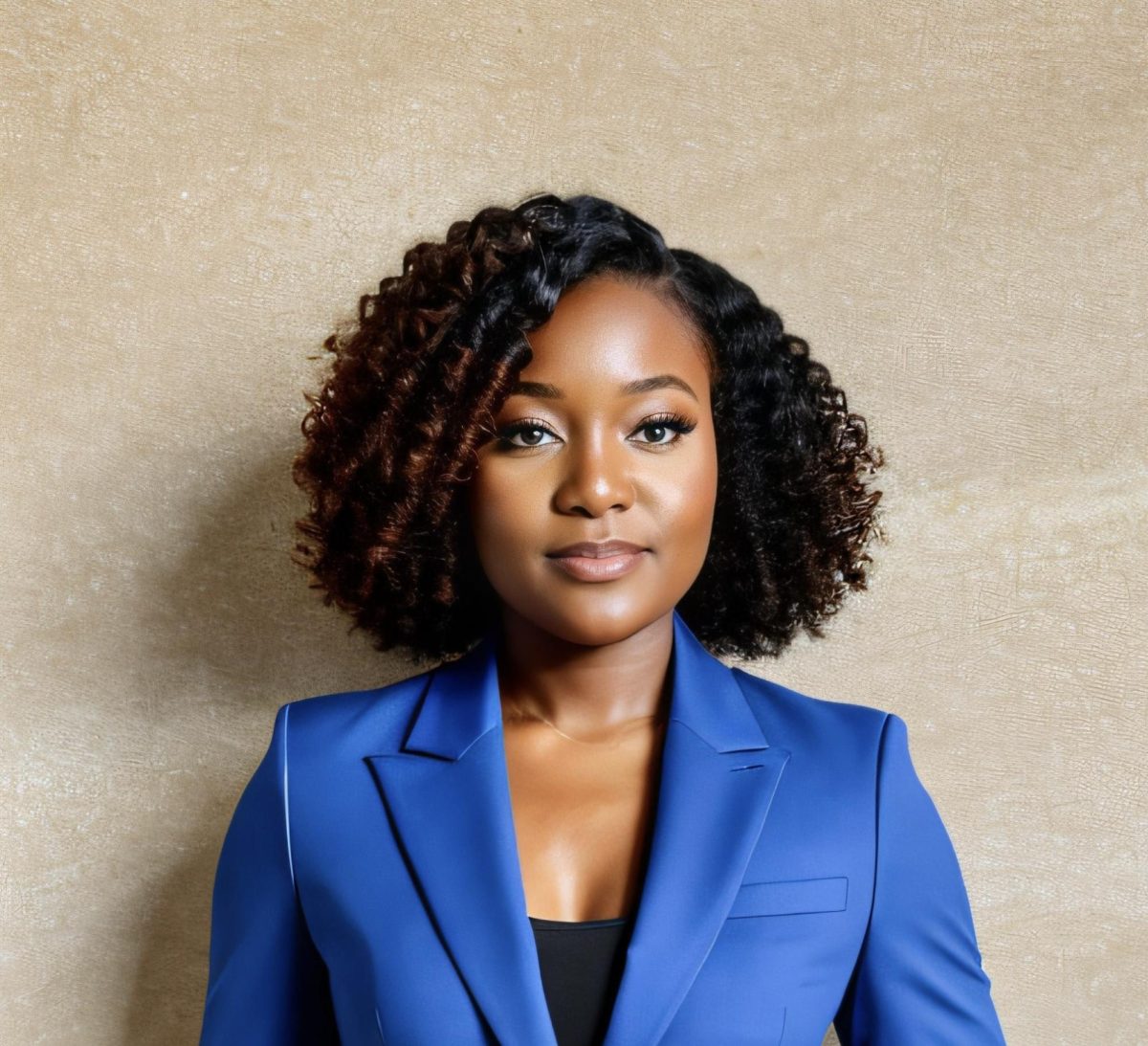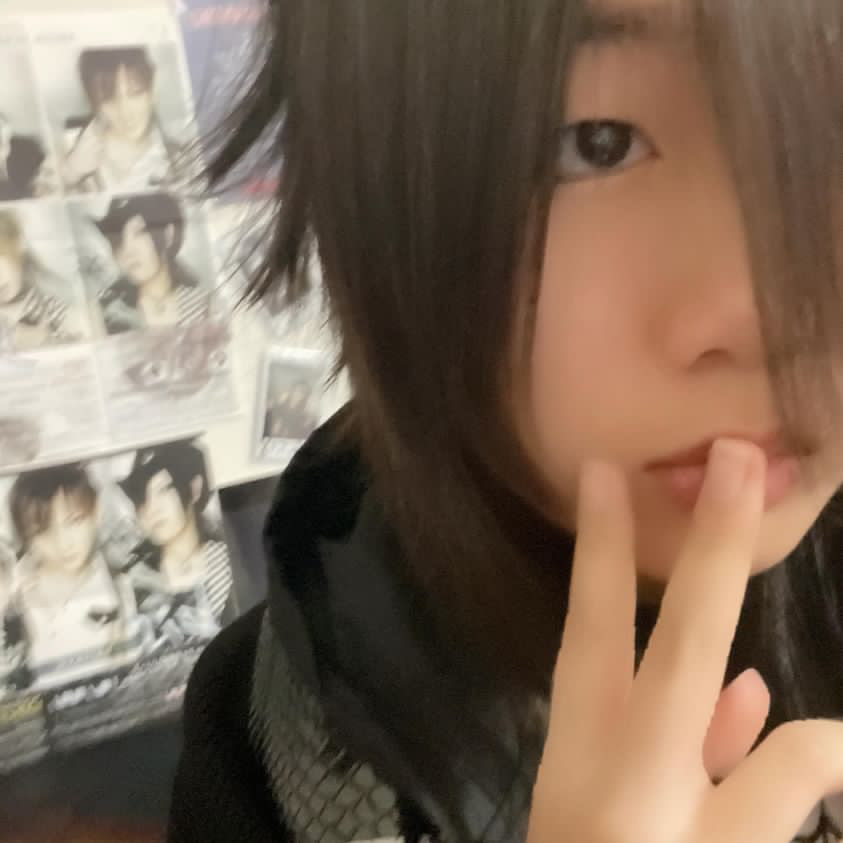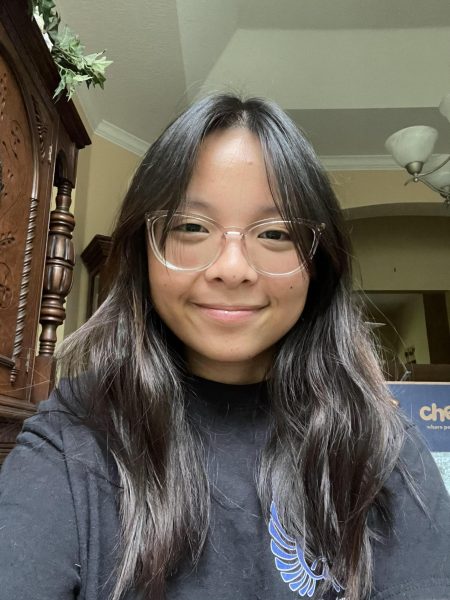Mrs. Jodi Katz is Apopka’s one and only Latin teacher. She’s been teaching for 35 years, yet her love for Latin is still going strong. But there’s more to her than meets the eye. Mrs. Katz is a very worldly person, and it shows when you talk to her. Now getting the chance to interview her, The Blue and White asked about her story, specifically how she ended up teaching, and where it all began.
How did you fall in love with Latin and Roman culture?
Well, it comes in two parts. I’ve always loved history, and the first part of history you usually learn in a class is going back to Roman times, so it’s always been really attractive to me. I can always imagine myself living in that setting wondering what it would be like. That’s just the most general thing about my loving history. But more specifically, the year I took Latin, my Latin teacher was amazing. She just painted pictures with words and had been to these places and talked about them in a way my history teachers never did. My history teachers presented it as first prehistory, then we’re in Egypt, then we did the Greeks, the Romans, then the medieval period.” It was just one piece on a number line of history. My Latin teacher could tell us the stories that were alive.
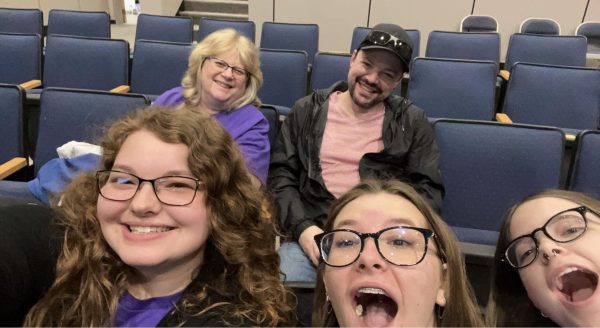
Was it a required language back then?
It was not a required language; it was not a required elective. It was required to have two years of foreign language to get into a four-year college, just like it is today. But it was not required for me to take. Back then, we didn’t have the junior college options. My older sister had taken Latin, and I knew that I was going to take Latin eventually, but I didn’t plan on taking it until my 11th grade. I had originally signed up to take typing because I wanted to learn how to type. The counselor called me over the summer and said that typing was full and I had only a couple of choices I could make: drama or Latin—those were the classes that still had space in them. I had absolutely no intention of making a fool of myself in drama because that is not my character. I couldn’t deal with being on a stage, and I had already planned to take Latin. I just had planned to wait a year. So I said well, I’ll just take my two years my sophomore and junior year and be done with it. Then I took the class in my tenth-grade year and fell in love.
How did you end up teaching as your profession, and how long have you been teaching?
When I went to college, I had no intention of being a Latin teacher. I was going to be a scientist. That’s why I wanted to take Latin in the first place. I wanted to be a virologist, which is a scientist who studies viruses. I wanted to cure the common cold, or back then in the ‘80s that’s when we were hearing a lot about the AIDS virus. Everyone was so afraid of it, rightfully so, because people were dying everywhere from it. So I was curious and that’s what I went to school for. But then I began failing every science class, and I had an identity crisis. I went to my advisor, and she helped me by asking me one simple question. “When you were in high school, what class did you enjoy the most?” She said, “Let me make sure you understand my question. I’m not asking what class you did well in, because I know you were a good student, you did well in all your classes. What class did you enjoy?” I said, “Well honestly, the only one I really enjoyed was Latin. I was good at the others because I had to be, but that didn’t mean I enjoyed any of it. So I went to school to become a scientist, could not hack the science classes for whatever reason. I still don’t understand to this day, but my advisor also happened to be the vice chair of the classics department. She taught Latin, Greek, and all of Greek and Latin history, all of the art and architecture, and everything about the cultures. So she gave me, on the spot—remember, I hadn’t had any Latin in a year—a competency test. I did well enough on that that I could get put into the third semester of college Latin. That’s when school began to come alive for me. I didn’t feel terrible and defeated every day, and like an idiot who couldn’t spell my name anymore. She said with a degree in classics you’ll be able to teach Latin or Greek or whatever you want. I’ve been teaching for 35 years, and I started teaching Latin in my second year of teaching.
What is something interesting about yourself that many people don’t know?
My husband and I collect Coca-Colas from around the world. We have close to 3,000 bottles now. Every time we go we bring back a bottle of Coke because the bottles are different in other countries.

Can you talk about all of the places you’ve traveled and which one is your favorite?
It’s easier to say where I’ve not traveled. I have been to nearly every country in Europe. I’ve been to Portugal, Spain, France, Belgium, Germany, Switzerland, Croatia, Turkey, Greece, obviously Italy, Morocco (Africa), and Gibraltar. That’s all of Europe that I think I’ve been to. So I’ve not been to any Scandinavian countries, I’ve not been to any of the Baltic countries, and I’ve not been to any Asian countries. In South and Central America, I’ve been to Brazil, Mexico, Panama, Honduras, Guatemala, Nicaragua, Columbia, Uruguay, Chile, and Argentina. I’ve been to 22 countries that I can remember off the top of my head. My favorite to visit is Italy. The only place other than the US that I’d like to live is Spain. I have two favorites but each is a favorite for a different reason. Spain is where I could live; Italy is where I can dream or use my imagination.
With all the countries that you’ve been to, how many languages do you know or speak?
Because of Latin, I can understand any of the romance languages to read. That would be Spanish, French, Italian, Portuguese, and Romanian. I can understand when I’m reading. I don’t understand every single word, but I understand roughly 80%. So I can read stuff on a menu, and street signs, and I can follow instructions if people speak slowly. Of course, because of my husband, I understand Spanish the best, followed by Italian. The one that I understand the least is Portuguese, but if I’m reading I can understand enough of it. I also know little bits of Hebrew from what I remember in college, but my children can speak Hebrew because I sent them to a Jewish school. That was one of the reasons I wanted them to learn the language. I would consider myself semi-fluent in Spanish.
What is a memory from your childhood that influenced who you are as a person today?
I would say the teachers that were able to capture my imagination. I was a very closed, reserved, repressed person because of how I was raised, and these little glimpses of imagination that I was allowed to use at school kind of sparked the desire to reach out, which I couldn’t do while I was growing up; it was forbidden, but once I was my own person, I embraced that by starting to travel and I try to at least bring that into my classroom. I try to be that spark for someone else, whether it’s a student or someone I meet in the grocery store, or somebody at a function with my husband. I try to find that little spark, that little door to open that people don’t usually admit is there, or they’re trained not to give into it. I grew up with a very father as the authority figure who was the one who told us how we were feeling. We weren’t allowed to know how we were feeling, we were told how we were feeling. But you know, that was a different time; I don’t fault him for that. That’s the way he was raised, and my mother was raised in the deep south in the depression, so she was raised to never argue with her husband. So, that’s the way my sisters and I were raised. Any time I had that opportunity to see a little something extra, and I got that in my history classes, learning about other cultures. It made me imagine “Wow what would it be like if I were a Native American? Would I be ok eating rabbit?” I would have those goofy little kid kinds of questions that would grow up with me.

